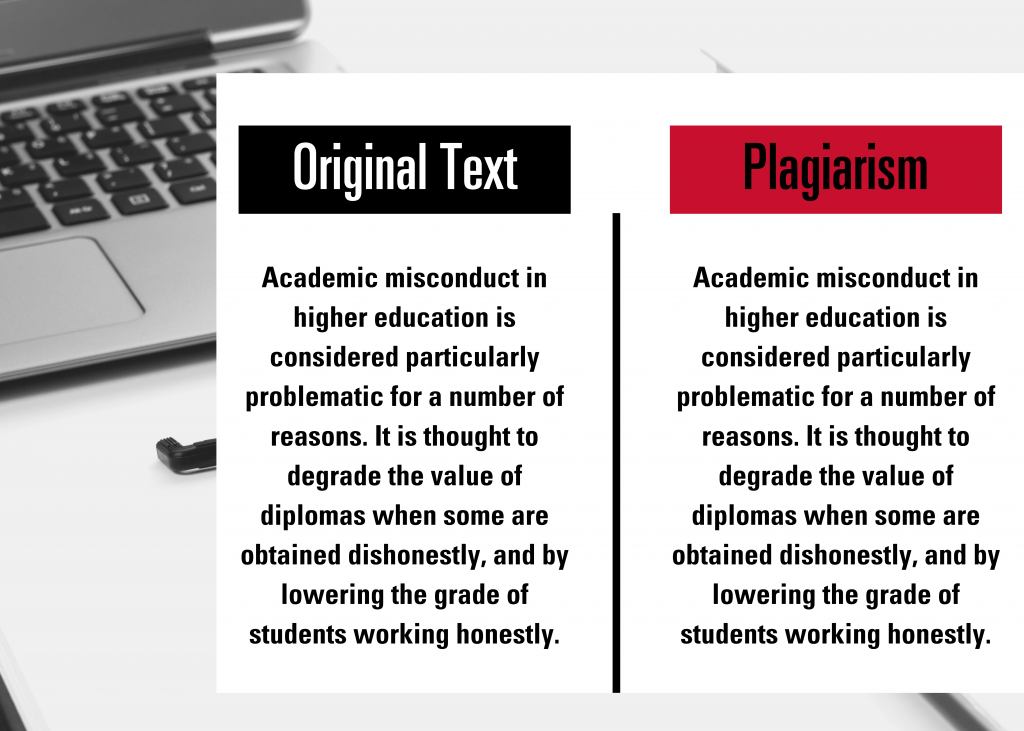Plagiarism Policy
By submitting a work, authors certify that the submission is free of the aforementioned malpractices, the work adheres to ethical norms, applicable laws and regulations, all necessary consents, permissions, and legal documents are prepared. The authors assume full accountability for the views, results, discussions, and conclusions provided in the articles and to resolve any issues that may arise from inclusion of copyrighted content without the necessary permission.
Plagiarism is the use of intellectual property from the existing literature, in whole or in part, by copying as is or translating from another language. Plagiarism or repetition of another text is prohibited, even if it is a prior publication by the author. As an exception, i) works derived from the author’s own university thesis; ii) preliminary studies of the author presented in a conference or as a poster will not be considered as plagiarism. Additionally, results from a database and registries of clinical studies might be repeated in more than one article. If unsure, authors should consult the editorial office before submission.
-
To prevent plagiarism, all submissions undergo an initial screening using iThenticate through the submission portal. iThenticate by Crossref is a plagiarism detection software that compares a manuscript with the existing literature, which includes millions of published articles. Editors are encouraged to utilize this tool for all manuscript revisions.
When an ethical misconduct, such as plagiarism, is discovered about a manuscript under review or a published article, editors must investigate the details of the case and take necessary actions using appropriate COPE flowcharts, even if the misconduct is discovered years after publication. In such cases, the manuscript under review may be immediately rejected, the published article may be retracted, and relevant legal bodies may be informed about the details of the case

